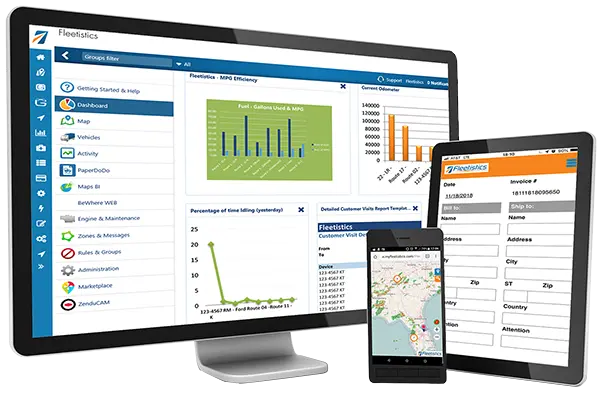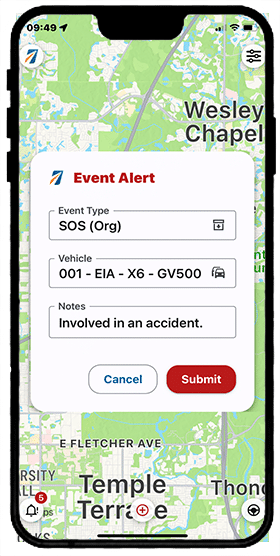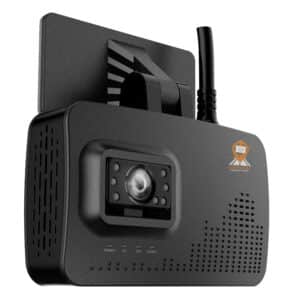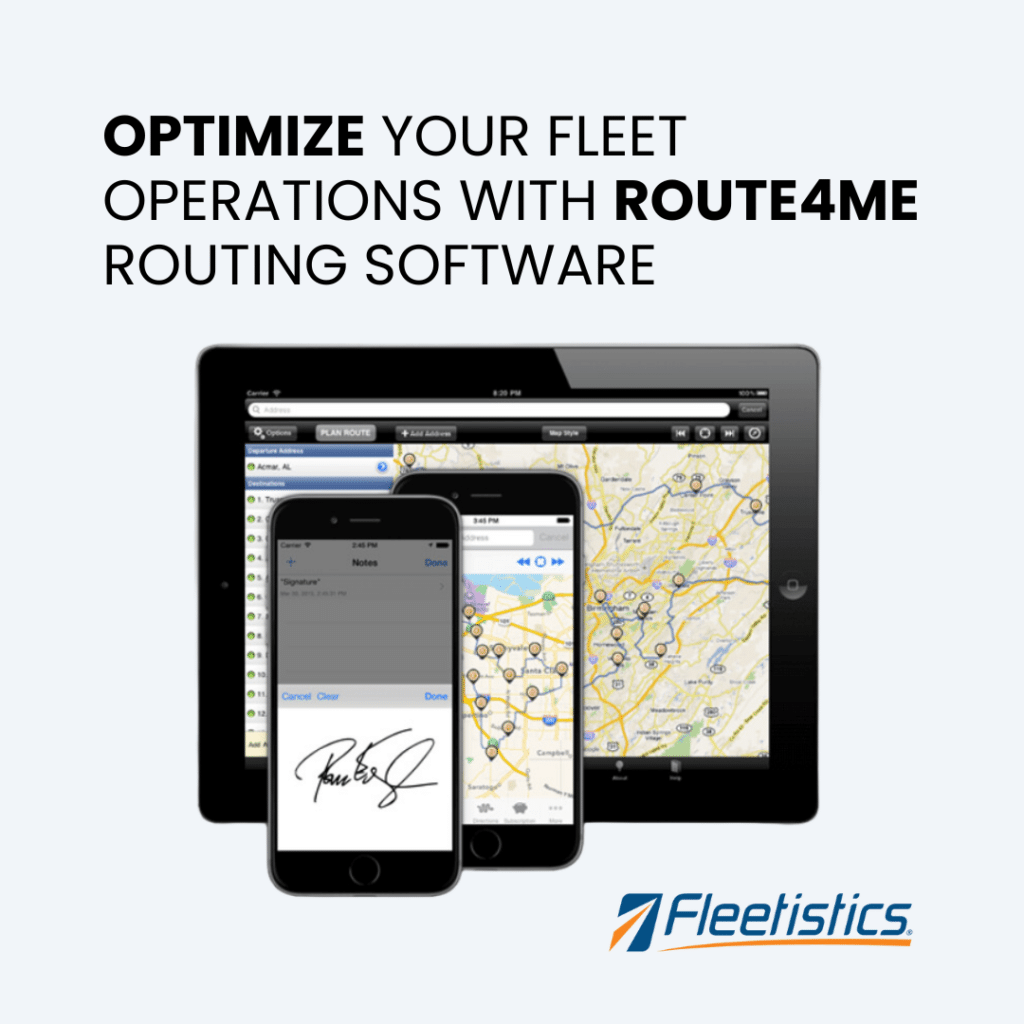Fuel Savings are Critical to Small Business Survival
According to the U.S Energy Information Administration (eia), the United States average fuel cost in 2021 was $3.01 per gallon. Today the national average has risen to $4.88 per gallon. That is a 61% increase in just 1-year. Fuel costs are a large portion of a fleet’s spend, therefore Fleet Managers across the nation are having to find innovative ways to save fuel. There are a lot of tips, tricks and technology that can assist fleet managers with fuel efficiency.
Sometimes when looking at the big picture we forget about the basics. Here are some simple steps to help beat high gasoline prices:
- Reduce Speed – Each 5 mph over 60 mph is like paying an additional $0.15 per gallon of gas. By reducing excessive speed, aggressive driving behavior such as rapid acceleration and hard braking, less fuel will be wasted.
- Vehicle Maintenance – Keeping your fleet vehicles well maintained will not only save fuel but also keep your fleet running smoothly. Newer vehicles tend to be more efficient than their previous model years, however having a diligent maintenance program can keep your vehicles on the road longer.
- Reducing Idling – By avoiding excessive driving fleets can harness the savings of this low hanging fruit. For every hour a vehicle idles it burns approximately 1 gallon of fuel.
- Identifying and Reducing Fuel Fraud – Unfortunately fuel fraud is a fact of life for most fleets and can be very costly. Having tools in place to help prevent and stop fuel fraud with significantly reduce fleet fuel spend.
Tools to Increase Fuel Savings
Armed with the basic steps above in mind, fleet managers can implement tools to provide them the data they need to monitor fuel spend to increase fuel savings. Telematics solutions have been widely adopted across fleets for this purpose. These tools give fleet managers the power to monitor speeding, idling, harsh driving behavior, vehicle maintenance etc. using dashboards and reporting.
Fuel trend reports allow fleet managers to identify areas for improvement and coach drivers as needed. Performing vehicle inspections is also key to maintaining fleet vehicles. Regularly checking tire inflation, maintaining oil and using the right air filters also impact the vehicle’s overall fuel economy.
Fuel Cards for More Control Over Fuel Spend
Another substantial fuel savings technology is introducing a Fuel Card program. Fuel cards are flexible and some even offer rebates on fuel purchases. Some advantages to fuel cards include:
- Better Protection for Fleet Fuel Spend/Fraud – Set custom limits on total spending, approved locations and time-of-day use.
- Automated Fuel Expense Reporting – No more manual receipt collection and data entry.
- Real-Time Fuel Tracking Tool – Allows problems to be identified and solved before adding to month over month fuel costs
- Performance Monitoring – Poor mileage may indicate inefficient driving habits or maintenance needs.
Many of the major fleet fuel card providers integrate with Telematics solutions. This allows fleet managers to compare mileage entered at the pump to actual odometer reading from the vehicle. Telematics monitors mpg and fuel tank levels and rules can be implemented to highlight any areas where there might be a spike in fuel spending.
The key to successfully reducing fleet fuel spend comes down to having the tools that work best to provide fleet managers with data, trends and reports that allow them to ability to really see how the fleet is operating on a daily basis.
For more information on Telematics solutions and Fleet Cards, contact us today!







